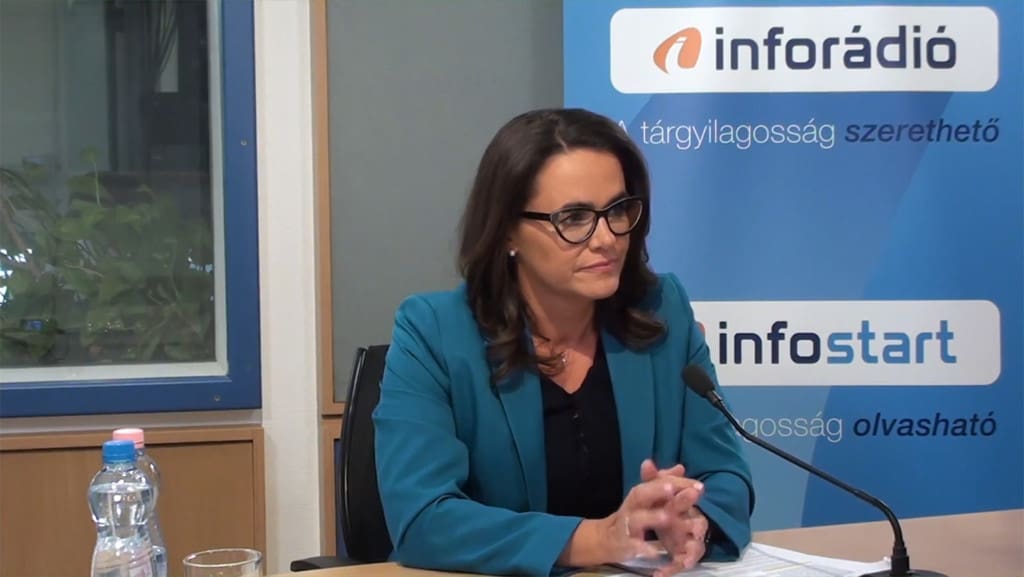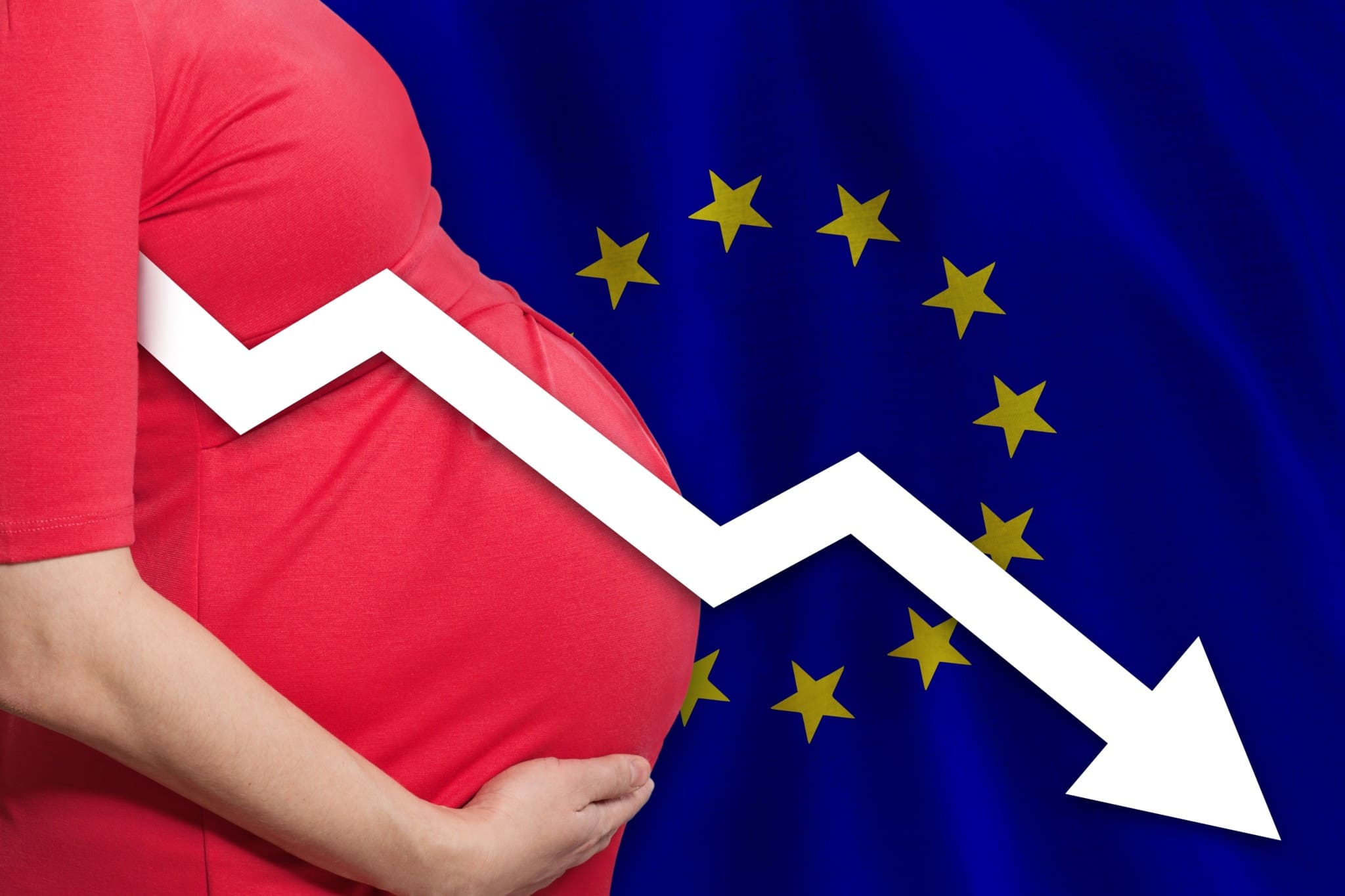The demographic crisis is perhaps the biggest threat Europe is currently facing, warned Hungarian President Katalin Novák in an hour-long interview with news station InfoRádió, just ahead of the 5th Budapest Demographic Forum.
“Not having enough children is not only a Hungarian phenomenon, it is the same everywhere in the so-called developed Western world. If we just think about the fact that there is not a single country in Europe today that has enough children to even maintain its population — so we are not talking about population growth — then we can sense how big the problem is,” Novák said.
“Or I could quote Elon Musk, who said that the demographic challenge is now more serious than the climate crisis, it is a bigger problem for the future of the developed world. I am also inclined to take that as a true statement. It is a problem for Europe as a whole, and indeed for the Western world as a whole.”

Novák, who previously served as the minister for family affairs, said that while the consecutive conservative governments led by Prime Minister Viktor Orbán since 2010 have made major advances in promoting childbirth, it has still not been enough to reverse the negative trend.
As Remix News previously reported, Europe is experiencing a catastrophic baby bust, with a number of countries hitting record lows in terms of the birth rate, including countries like Finland, where fewer babies than ever before were born in 2022, according to Statistics Finland.
[pp id=86627]
For years, Italy has been facing what Pope Francis has called a “demographic winter“, and unlike Finland, which saw a slight bump in births during the Covid-19 crisis, Italy joined the list of countries that saw birth rates crash during the pandemic. In fact, Italy has the lowest birth rate of any country in Europe, and in 2022, it hit a new record low, marking the country’s 14th consecutive drop in birth rate.
Promising political figures like Italian Prime Minister Giorgia Meloni have since betrayed campaign pledges to boost the birth rate and instead have turned to mass immigration to fill the gap.
Last week, Remix News reported that Poland had released statistics revealing that Poland has the lowest birth rate since the end of World War II, leading to a rapidly aging population.
Hungary, with its pro-family policies, has been able to ameliorate its own precarious demographic situation, including cutting the number of divorces, raising the birth rate, and significantly reducing abortions, but it too has struggled against European-wide trends, a point Novák acknowledges:
“There has been a rise in Hungary over the last decade that we have not seen anywhere else in Europe, but indeed, there are still very few children being born. Just because we are meeting here, talking about these important issues, listening to each other, learning from each other, it will not mean that twice as many children will be born the next day,” she said.
“But I am convinced that we can place this issue among the issues that need to be discussed at the highest level and at the lowest level at the same time.”
The 5th Budapest Demographic Summit begins on September 14. Speakers include Italian Prime Minister Giorgia Meloni, Serbian President Aleksandar Vučić, Bulgarian President Rumen Radev, Canadian psychologist Jordan Peterson and Nobel-Prize winning U.S. economist James Heckman.





